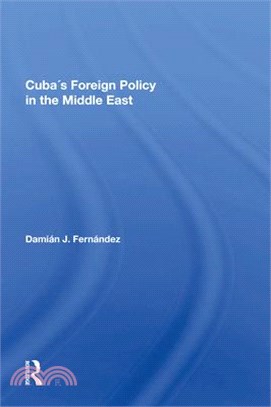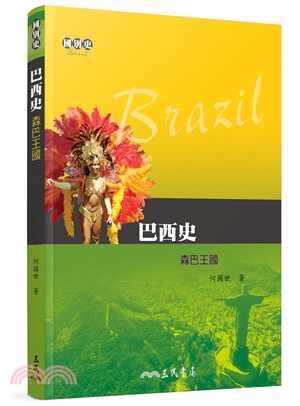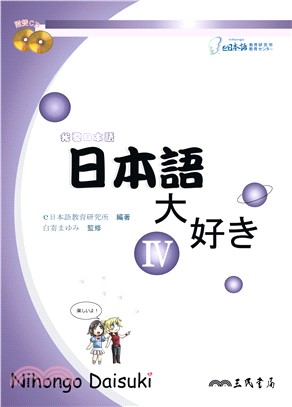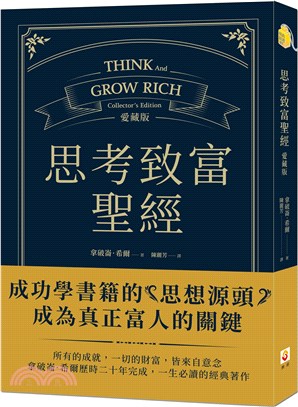Cuba's Foreign Policy in the Middle East
商品資訊
ISBN13:9780367163754
出版社:Routledge
作者:Damian J. Fernandez
出版日:2023/06/13
裝訂:平裝
定價
:NT$ 2340 元優惠價
:90 折 2106 元
無庫存,下單後進貨(到貨天數約30-45天)
下單可得紅利積點:63 點
相關商品
商品簡介
商品簡介
In spite of the growing academic interest in Cuba's international relations in the revolutionary period. Cuba's policy toward the Middle East has been a neglected field of study. Although the Middle East has not been a high priority item on Fidel Castro's agenda, various factors have combined to propel the regime into taking a more active stance in the region, not least of which is the importance of the Middle East to the Soviet Union. Some of these factors have been ideological, such as the nature of Castroism itself. Other factors have been more pragmatic: the need to increase Cuba's leverage with the Soviet Union; the desire to establish spheres of interest of its own in the Third World; the attempt to use external politics to soothe internal problems and the wish to maximize the prestige of the Cuban revolution, and, by extension, that of its lider maximo. Since 1959, Havana's Middle Eastern policy has experienced four stages: (1) 1959-1973: Autonomous foreign policy, marked by a dual relationship with both Israel and the Arab states. (2) 1973-1977: Accommodation to the Soviet line; anti-Israeli policy combined with an expansion of relations with progressive states, signalled by the establishment of Cuban military missions. (3) 1977-1980: Activist policy in the region, expanded role and development of diplomatic relationships. (4) 1981 to the present (1985): Cautious involvement; restrained activism, emphasizing socio-economic cooperation. Cuba's incursion into the Arab world illuminates how Cuban foreign policy works, especially in relation to autonomy, convergence, and subordination; dependence, pragmatism, and ideology. The island's entrance into Middle East politics has introduced new risks into the island's foreign policy in return for the benefits which have been derived. A theory to explain Cuba's foreign policy in its interaction with the Soviet Union in the Third World must include heretofore neglected variables: time; regime type; and factionalism (bureaucratic politics), in addition to external events. The study of Cuba's initiatives in the Middle East will serve to test this theory.
主題書展
更多
主題書展
更多書展本週66折
您曾經瀏覽過的商品
購物須知
外文書商品之書封,為出版社提供之樣本。實際出貨商品,以出版社所提供之現有版本為主。部份書籍,因出版社供應狀況特殊,匯率將依實際狀況做調整。
無庫存之商品,在您完成訂單程序之後,將以空運的方式為你下單調貨。為了縮短等待的時間,建議您將外文書與其他商品分開下單,以獲得最快的取貨速度,平均調貨時間為1~2個月。
為了保護您的權益,「三民網路書店」提供會員七日商品鑑賞期(收到商品為起始日)。
若要辦理退貨,請在商品鑑賞期內寄回,且商品必須是全新狀態與完整包裝(商品、附件、發票、隨貨贈品等)否則恕不接受退貨。






















